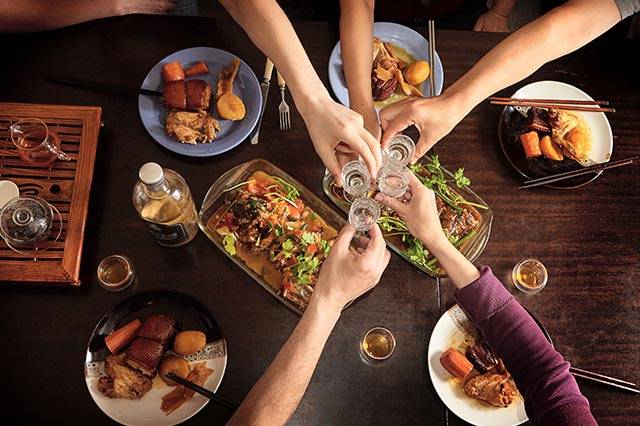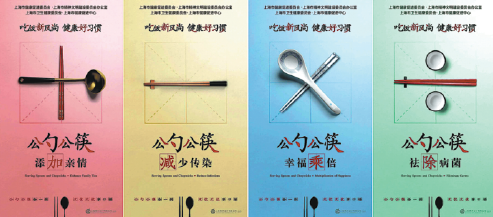

"It is all about the conflict between self-interest and limited resources, especially in a strange or crowded place," says Han Xueqing, the psychologist at Tongren Hospital. For this reason, too, you find that overseas Chinese cling to traditions more than those in China." "The better educated, those with higher social status, are more likely to be polite and control themselves in public, because they have an identity and image to maintain. They are in a strange place and they are in a hurry to get the most out of the limited stay, while locals have more time and opportunity, relatively, to do the same. "Travelers are more likely to behave badly than locals. In the past few decades, blind worship of material success has also affected moral values and complicated behavioural paradigms, experts say.įor one, people are more inclined to be rude if they feel their personal space is being violated.įor another, when social resources are limited, and there is no actual penalty mechanism for improper behaviour, it becomes a free-for-all.įinally, identity plays an important role, Cheng adds. It is human nature to switch into self-protection mode and look out for their own well-being." "That is because they feel insecure or threatened. "Studies have shown that in a noisy place, people tend to become rude and angry," he says. "People are relatively tolerant and polite in their daily lives toward acquaintances and friends, but when placed in a crowd or in a strange place, such as when traveling abroad, chances are that people will be more prone to anger, to be rude, aggressive or even violent," says Han Xueqing, director of clinical psychology at the Beijing Tongren Hospital. Experts say society, historical circumstances and the environment must all be taken into consideration. It is being co-hosted by the Ministry of External Affairs and the Fiji government.Bad manners in public are due to many factors, and not just individual personality. The 12th World Hindi Conference is being held in Fiji from February 15 to 17. On the MoU on visa exemption between India and Fiji, the PM said: "We will certainly benefit, though the scale may differ."

The Fiji Prime Minister said further that a lot of people from his country visit India for medical treatment and education. We are more resolved now than ever to build a strong and sustainable future for families in Fiji, the Pacific and beyond," he said. "Fiji appreciates India's commitment towards the development of our pacific region through collective priorities. He appreciated PM Modi and the Indian government for their support in co-hosting the 12th World Hindi conference in Fiji. We're grateful to GoI for supporting us through the provision of life-saving vaccines and humanitarian assistance," the Fijian PM said. India has stood by us in times of great need. "Together we've built a robust multifaceted partnership which covers cooperation in all major areas of nation-building. "I'm pleased to say that India will always be a special friend and trusted partner to Fiji," the Fiji Prime Minister said during a joint press statement with External Affairs Minister S Jaishankar in Suva, Fiji. Fiji PM Rabuka said that India stood by his country in times of great need and will always be a special friend and trusted partner.


 0 kommentar(er)
0 kommentar(er)
